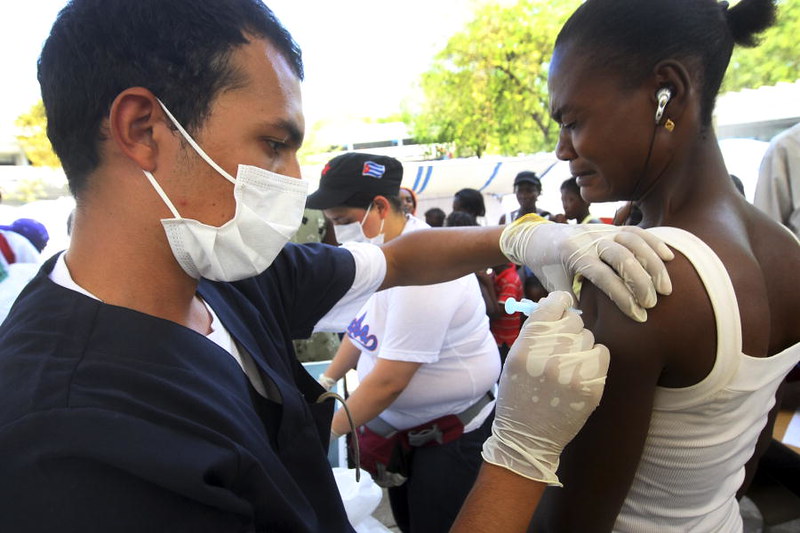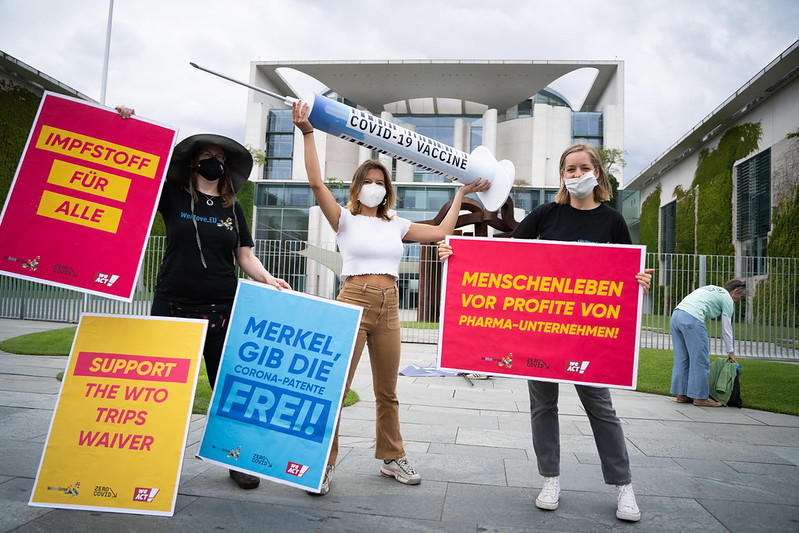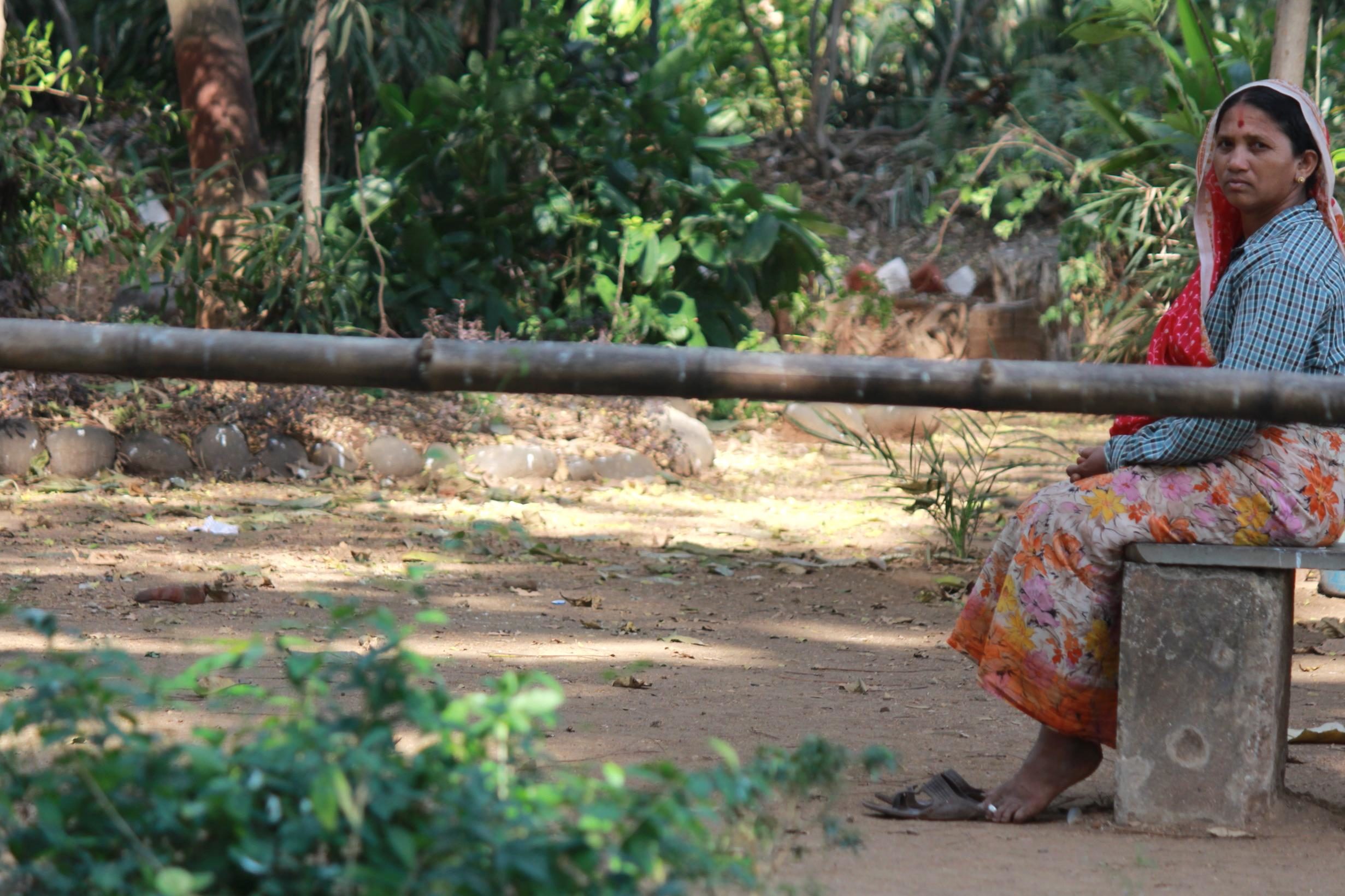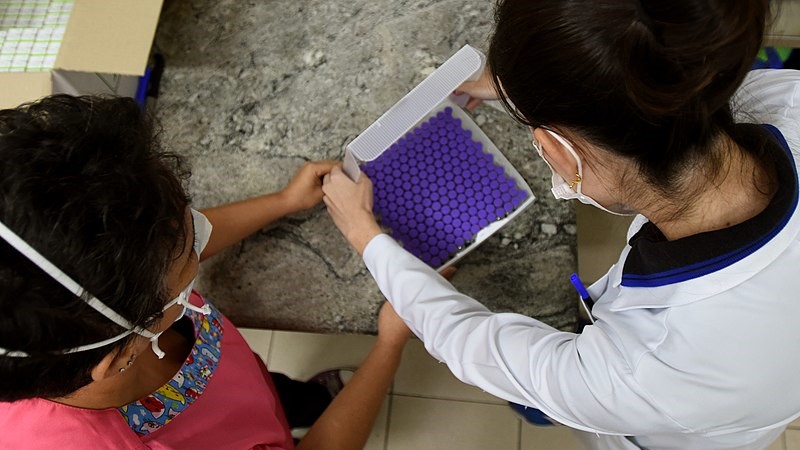MSc Health and International Development alum, Mia Fraser summarises her dissertation which explored the positive potential LMICs look towards of brain-drain and South-South labour cooperation to support local health systems.
Throughout my time at LSE, I was constantly weighing options and by far the most perplexing decision-making process was searching for a dissertation topic. Between December and March, I went through at least 15 new topics, each only slightly different from the last because the migration data I wanted was simply not available. Throughout the process, the most important thing I told myself while writing is that this dissertation will get done, it must, no topic is perfect, but it is doable! Speaking to my lecturers across the department, I picked everyone’s brain until I finally found something I could work with. Blending health and labour force dynamics, I chose to focus on the migration of healthcare workers in Jamaica.
Healthcare workers are pillars of society and the exodus of care from Low- and Middle-Income Countries (LMICs) poses significant challenges to the stability of healthcare systems. By 2030, the World Health Organization (WHO) estimates a shortage of 10 million healthcare workers, exacerbating existing disparities in national income and geographical contexts. Driven by factors such as higher salaries, access to advanced technology, and more stable political conditions, movement is often associated with the flow from Low to High-income countries. However, migration between LMICs has emerged as a method of ‘South-South’ cooperation between LMICs. But when local Jamaican doctors cannot find employment and seek better working conditions abroad, while doctors from other LMICs find work in Jamaica the cost of cooperation is called into question.
The average density of physicians per 1,000 in Latin America and the Caribbean is 2.3, Jamaica stands among the lowest densities in the region at 0.5 physicians per 1,000, slightly above Haiti with 0.2 per 1,000 as of 2019. This context makes recruitment of doctors from abroad seem a straightforward solution to doctor shortages, however, Jamaica has also been steadily increasing its supply of locally trained doctors. Between 2012-2016, 947 doctors graduated; 133 graduated in 2012 increasing to 352 in 2018. However, the Jamaican public health system has not expanded its capacity to hire the increased cohort of junior doctors with Jamaican junior doctors being vocal about the lack of employment opportunities and poor working conditions in the public health sector. Tensions came to a head in 2021 with junior doctors going on strike, jolting the public health system. Jamaican HCWs, nurses in particular, have increasingly sought better opportunities working in the global north, leaving at times out of frustration with the local health system. Now, Jamaica must constantly navigate the global labour market as a source of relatively cheap labour but also a market in need of HCWs to serve its growing population. As Jamaica is both an exporter and importer of physician talent, the cross-current of migration has the potential to influence the working conditions of HCWs. Investing in human capital is an expensive endeavour, especially for specialized doctors, in LMICs that already struggle with limited flexible capital.
Up to 2022, Jamaica has engaged in bilateral medical relationships with countries such as Cuba and Nigeria. Jamaica has benefited from medical cooperation with Cuba spanning multiple programs such as Operation Miracle for eye surgeries and the Henry Reeve Medical Brigade for crisis response. This cooperation spans 47 years and as of 2023, the Cuban Medical Brigade has 300 HCWs actively working in Jamaica. The Nigerian Technical Aid Corps is the agreement which sees Nigerian doctors come to Jamaica, though sporadic, sending 28 nurses in 2006, pausing, then resuming in 2014. Both programmes shared a similar cost-splitting feature which saw Jamaica splitting the cost of transportation, housing, and salaries of workers with their LMIC counterpart government. This balancing act performed by the Jamaican government is by no means perfect with local Junior doctors highlighting their feelings of precarity, especially in closed-door wage negations where foreign doctors can be used as a threat by negotiators to encourage local doctors to accept wage packages.
As casualised working conditions have prompted local doctors to continue looking abroad, LMICs such as Jamaica simultaneously benefit from the brain drain of other LMICs, by recruiting their HCWs to work within the Jamaican public health system to remedy local labour shortages and the remittances provided by diaspora HCWs. A major benefit of brain drain is the remittances sent home by the diaspora contributing to 25.3% of Jamaica’s GDP by 2021. The attempt to turn the negative externalities of brain drain into a positive social gain through remittances has been used in the Philippines. The Philippines heavily relies on remittances from its diaspora which has influenced an increase in nursing graduates, surpassing the absorption capacity of the local market, with new graduates quickly looking abroad for jobs, thus maintaining remittance flows. This is a powerful incentive to exploit the global HCW shortage by further incentivising local HCWs to seek better employment opportunities abroad. It must be noted, however, that remittances are not a broad social safety net since they are mostly targeted at individual families, not the wider society.
South-South HCW migration can be seen as a double-edged sword, encouraging persons to leave their homelands in favour of their remittances while building health systems with external labour. In the face of global labour inequalities, the actions of LMIC governments are heavily scrutinized but the decision to not bind HCWs to stay in inadequate local working conditions and seek better conditions abroad while supplying foreign currency through remittances is strategic to south-south development cooperation.
The views expressed in this post are those of the author and do not reflect those of the International Development LSE blog, the London School of Economics and Political Science, or the European External Action Service. The blog is based on the author’s dissertation.
Image credit: Cuban Doctors Administer Vaccinations at Camp for Displaced Haitians, UN Photo/Sophia Paris via Flickr.





